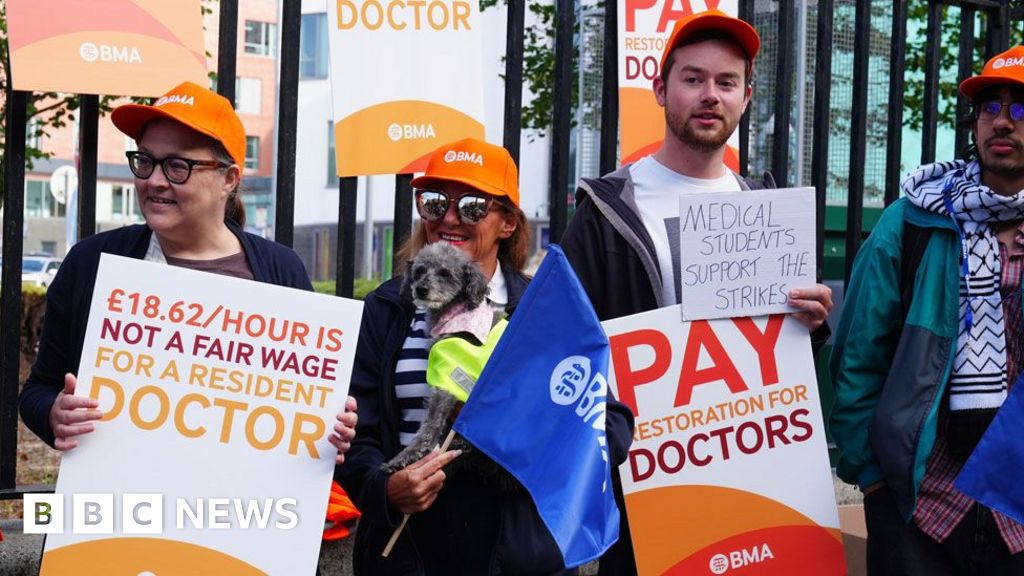T4K3.news
BMA disputes NHS claim on resident doctors' strike participation
The BMA rejects NHS figures on the recent strike, calling for accurate data on participation.
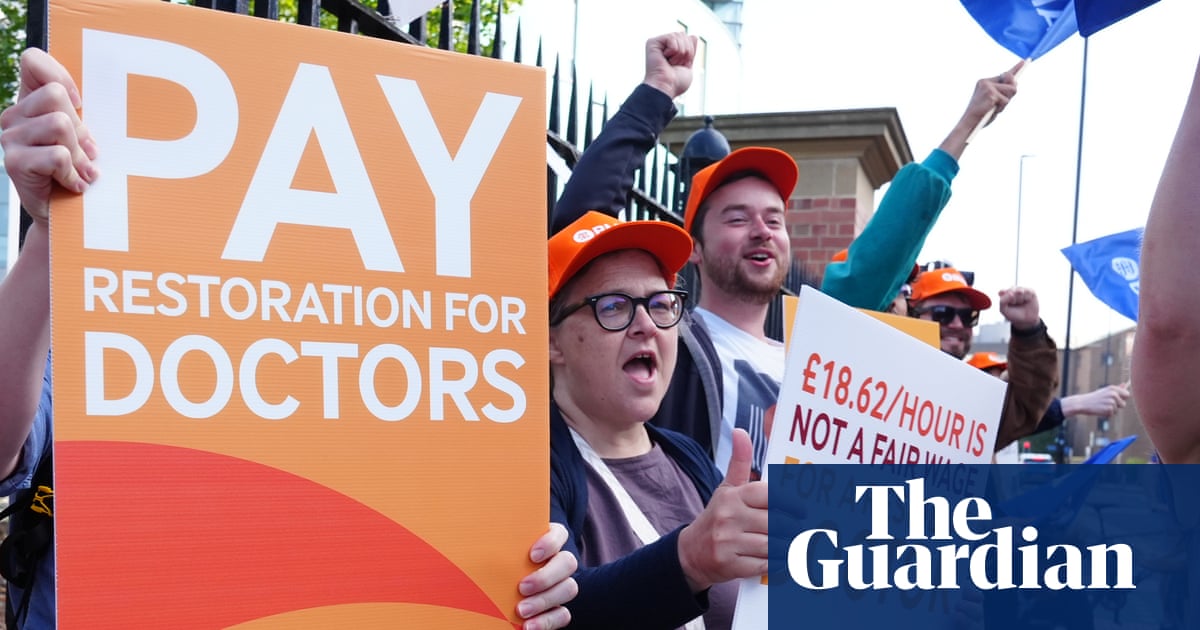
A dispute arises over the impact of the recent resident doctors' strike.
BMA challenges NHS claim about resident doctors' strike participation
The British Medical Association (BMA) has disputed NHS claims that fewer than a third of resident doctors participated in last week's strike in England. NHS England announced that care for an estimated 10,000 additional patients was maintained during the strike, with 93% of scheduled operations going ahead. The BMA argues that detailed work schedules and doctors on leave complicate accurate participation tracking. The union emphasized that even if some hospitals reported minimal disruption, it does not reflect the broader picture of the strike's impact on the healthcare system. Resident doctors, previously known as junior doctors, are advocating for a 29% pay rise amid increasing tensions with the government, which has refused to negotiate. Health Secretary Wes Streeting indicated that it's time to eliminate ongoing disruptions and thanked those doctors who continued to work during the strike. However, the BMA advocates for a more reliable count of participation and urges negotiations over pay to prevent future strikes.
Key Takeaways
"NHS England’s claim requires a huge stretch of the imagination"
This highlights the BMA's skepticism about NHS data on strike participation.
"Bringing disruptive strikes to an end must be a priority"
Saffron Cordery stresses the importance of resolving disputes in the NHS.
This conflict between the BMA and NHS England illustrates the growing tensions in the UK healthcare system, particularly surrounding doctor pay and working conditions. The NHS's reliance on a flexible workforce adds complexity to assessing strike impact and participation, leading to conflicting statements from both sides. Such disputes highlight not only the immediate challenges within the healthcare sector but also broader implications for patient care and public trust in the system. The longer this impasse persists, the more likely we are to see similar unrest as healthcare professionals feel undervalued and overworked. The government may face mounting pressure to address grievances before they escalate into larger movements.
Highlights
- Disruptive strikes only punish patients, not the system.
- Accurate strike participation is almost impossible to determine.
- Negotiating with doctors is essential to end future strikes.
- We must prioritize patient safety in these disputes.
Healthcare dispute raises risks of prolonged unrest
The disagreement between the BMA and NHS England could lead to further strikes, impacting patient care and straining healthcare resources. Continuing tensions may escalate public backlash against government inaction.
Continued negotiations will be crucial to resolving these tensions in the NHS.
Enjoyed this? Let your friends know!
Related News
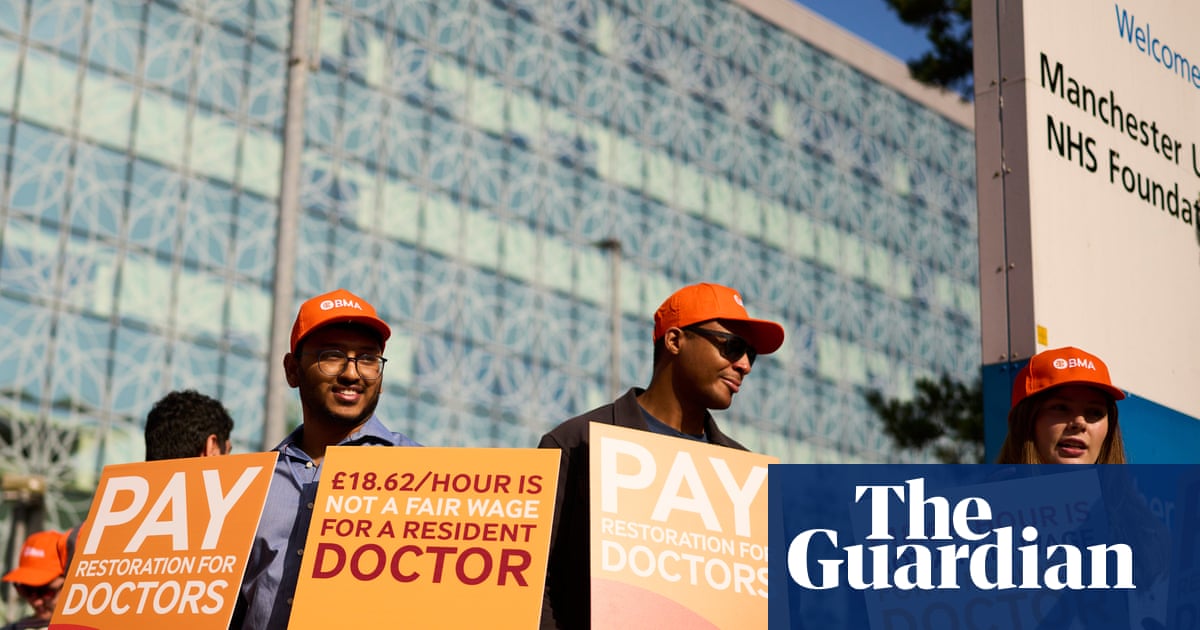
Wes Streeting warns doctors cannot win against the government
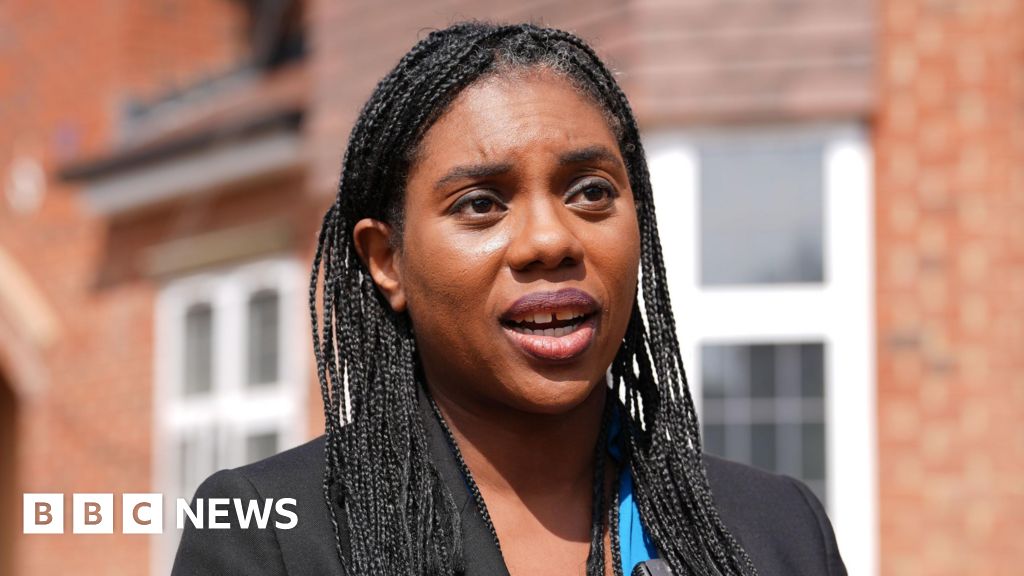
Badenoch proposes strike ban for NHS doctors
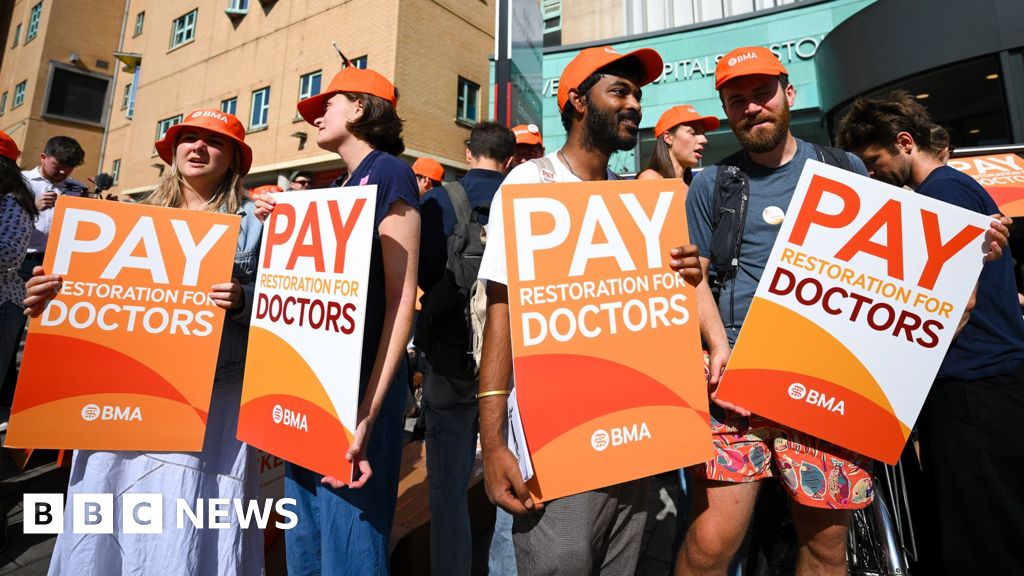
BMA blocks emergency requests for striking doctors
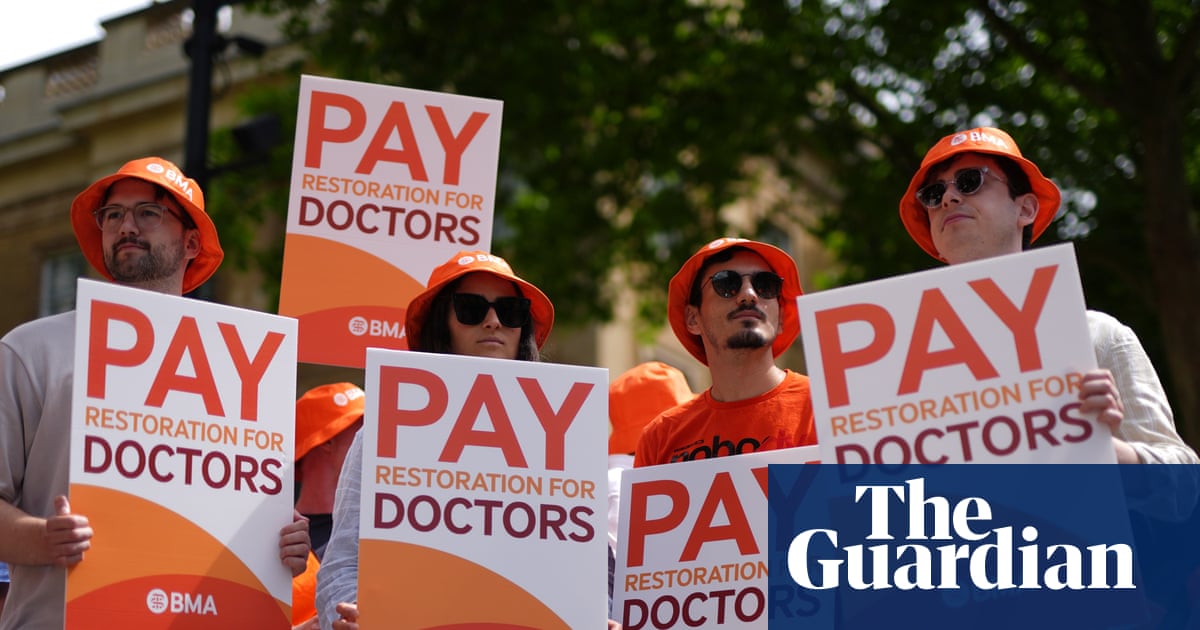
BMA warns NHS plans jeopardize patient safety during doctors' strikes
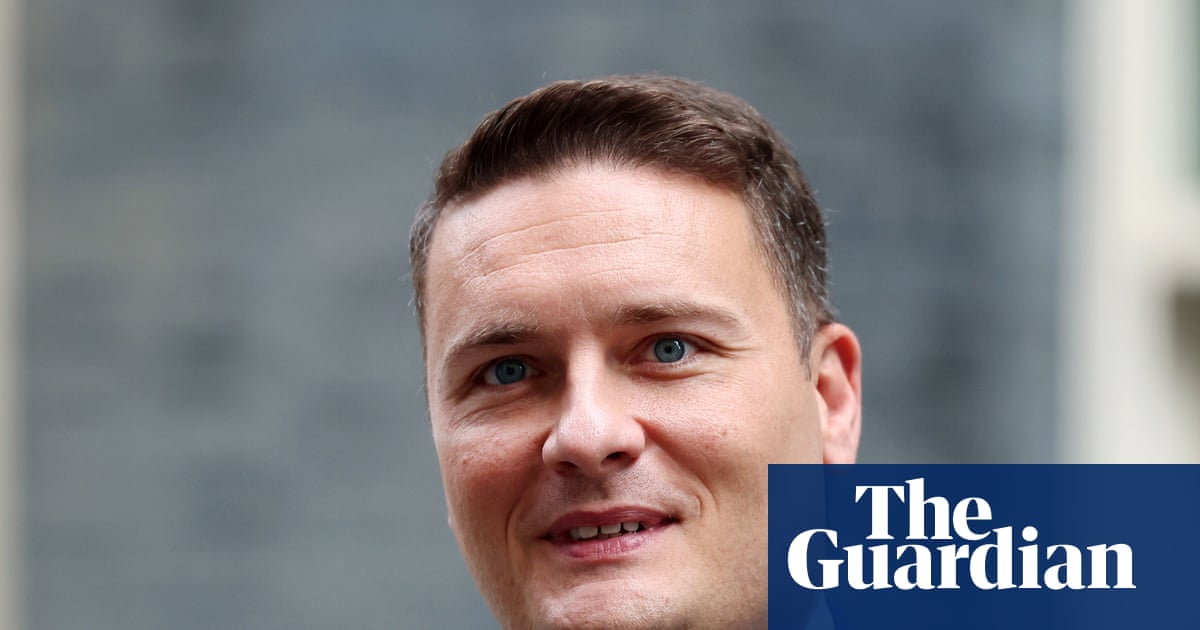
Wes Streeting warns against resident doctors’ strike

Medical Colleges urge doctors to inform hospitals about strike plans
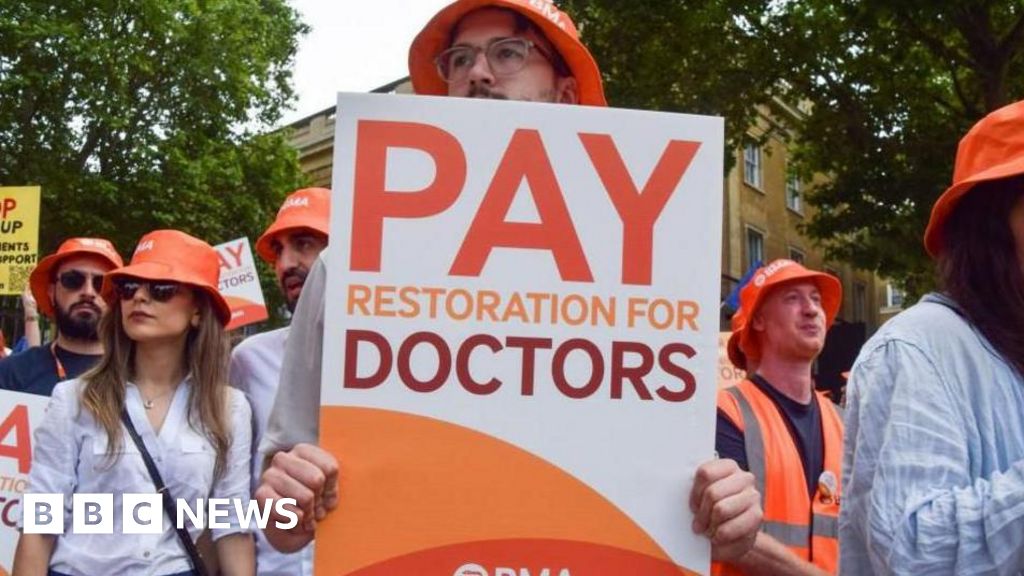
Resident doctors in England begin five-day strike

Fewer resident doctors on strike during NHS stoppage
